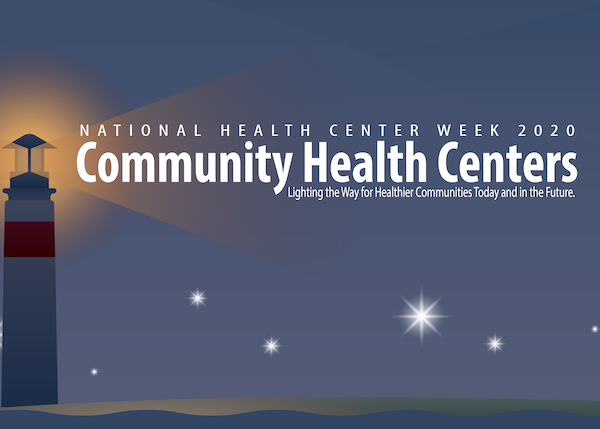National Community Health Center Week
 Community Health Centers are the backbone of our nation’s primary care infrastructure and are central to the Reproductive Health Access Project’s origin story. Our three co-founders all worked together at a large community health center in New York City in the late 1990s. Their efforts to integrate abortion care into their health center laid the groundwork for creating the organization that became RHAP. CHCs hold so much potential for expanding equitable access to reproductive health care and are still an important part of RHAP’s work today.
Community Health Centers are the backbone of our nation’s primary care infrastructure and are central to the Reproductive Health Access Project’s origin story. Our three co-founders all worked together at a large community health center in New York City in the late 1990s. Their efforts to integrate abortion care into their health center laid the groundwork for creating the organization that became RHAP. CHCs hold so much potential for expanding equitable access to reproductive health care and are still an important part of RHAP’s work today.
CHCs are located in medically underserved areas and are dedicated to bringing high quality health care to the communities they serve. Many receive federal subsidies that allow them to eliminate or greatly minimize financial barriers to health care. But, there are structural issues that prevent many CHCs from providing comprehensive reproductive health care. For example, those receiving federal funding have to comply with the Hyde Amendment, which makes it difficult, but not impossible, to provide abortion care. Each CHC is also governed by a board comprised primarily of community members who may not value access to reproductive health care.
CHCs have been hit hard by the pandemic. As a critical source of community care, CHCs are on the front lines diagnosing and managing COVID in their communities. Many are also absorbing financial losses related to the economic impact of the pandemic. It is critical that we ensure that CHCs have the resources they need to continue providing their communities with high quality care. In August, from the 9-15, CHCs across the country are coming together for a week of action to highlight the amazing work they are doing. Join us in supporting CHCs.
Hear Ruth Lesnewski’s, one of RHAP’s co-founders, experience on the significance of providing reproductive health care in a CHC. Find out how you can support your local community health center during the August 2020 week of action.
